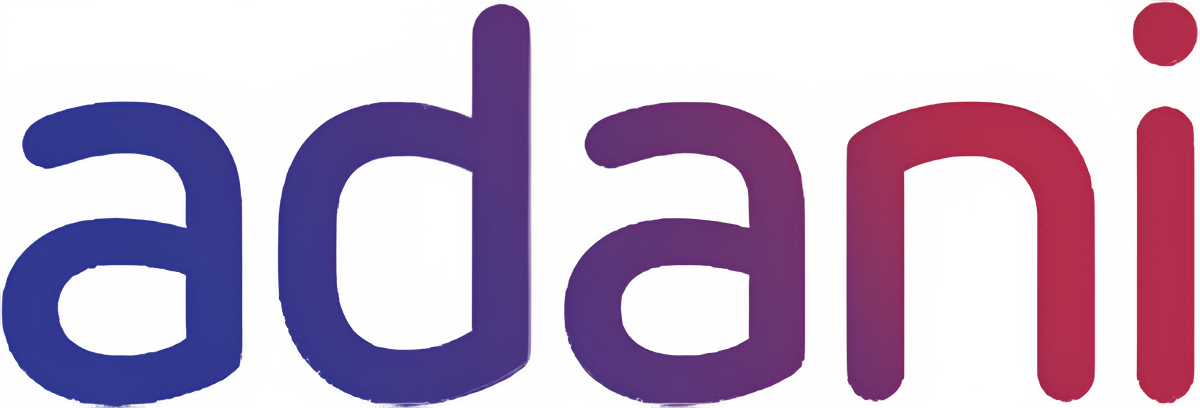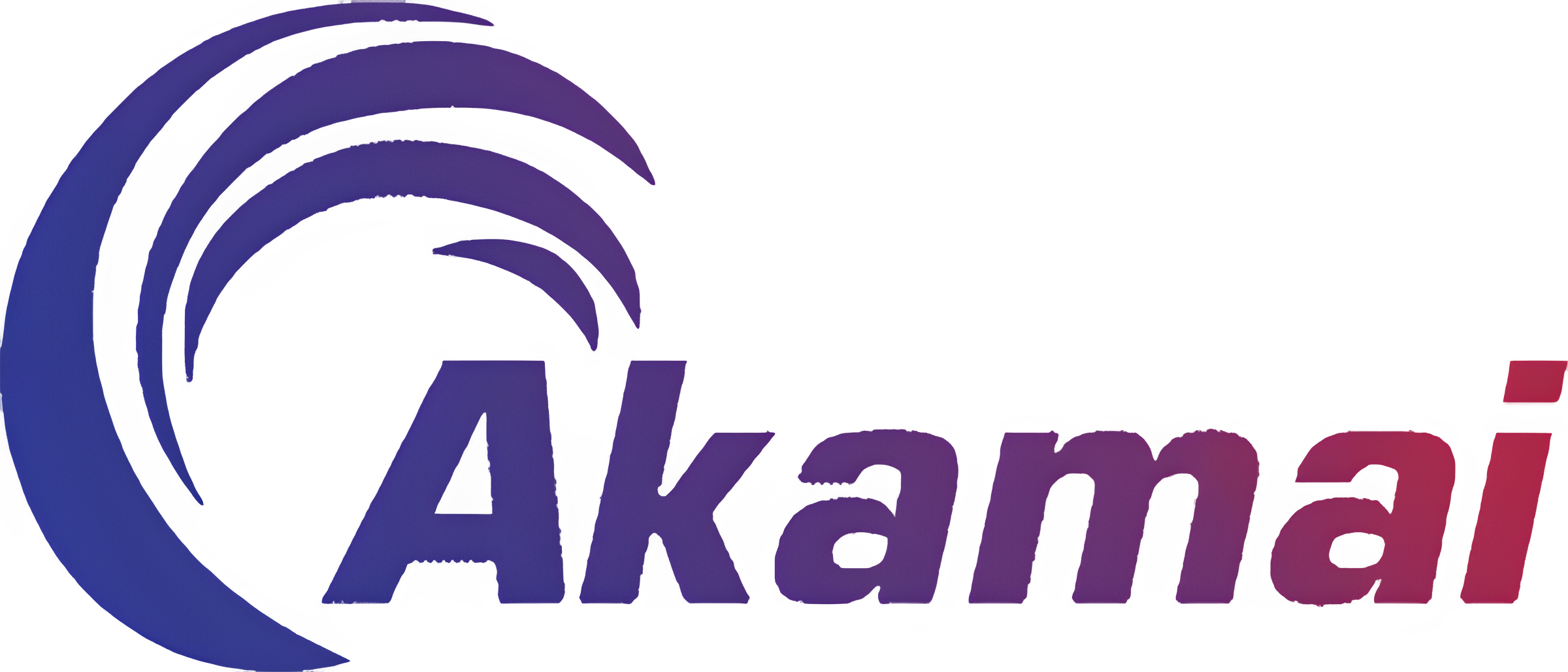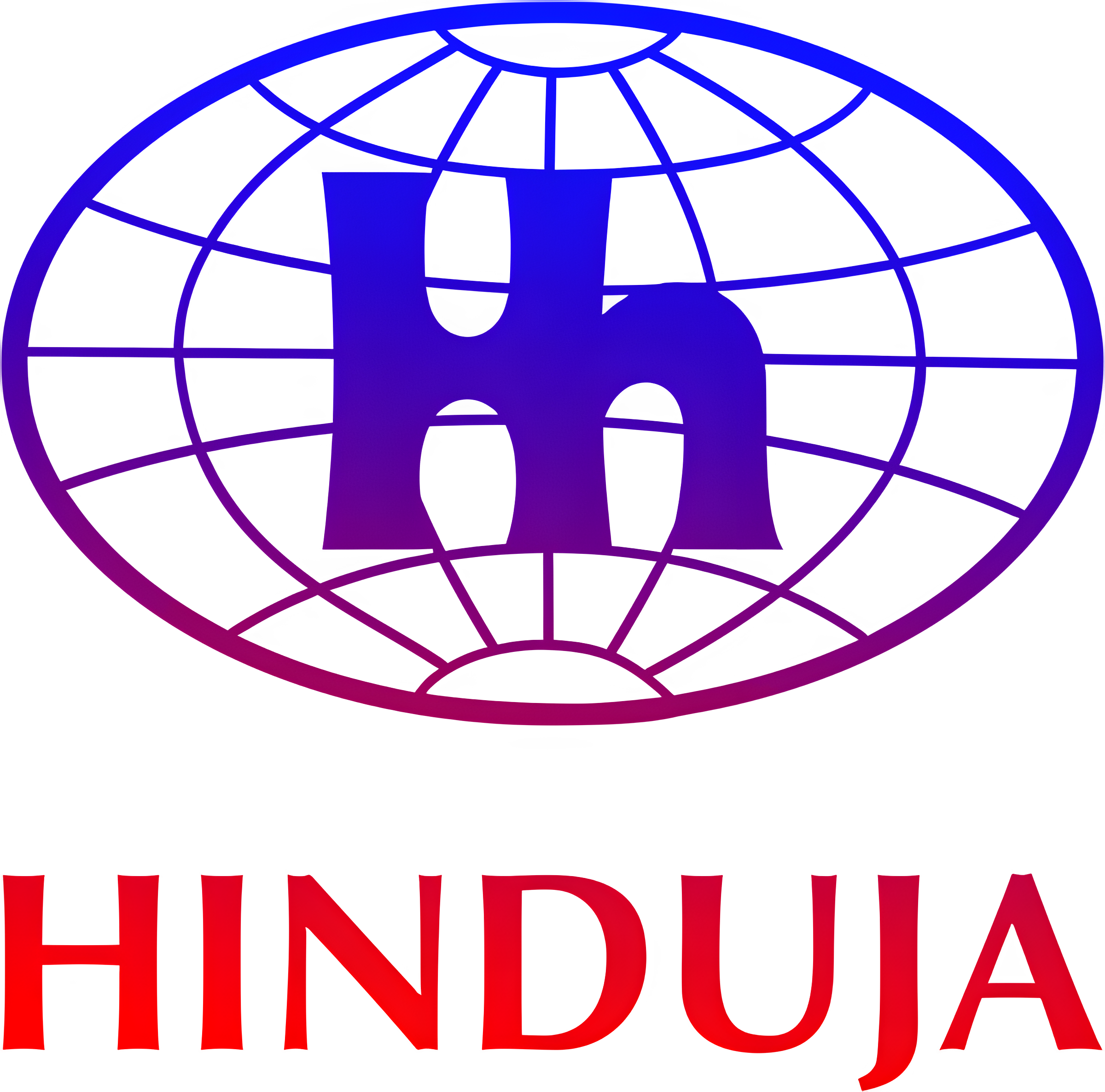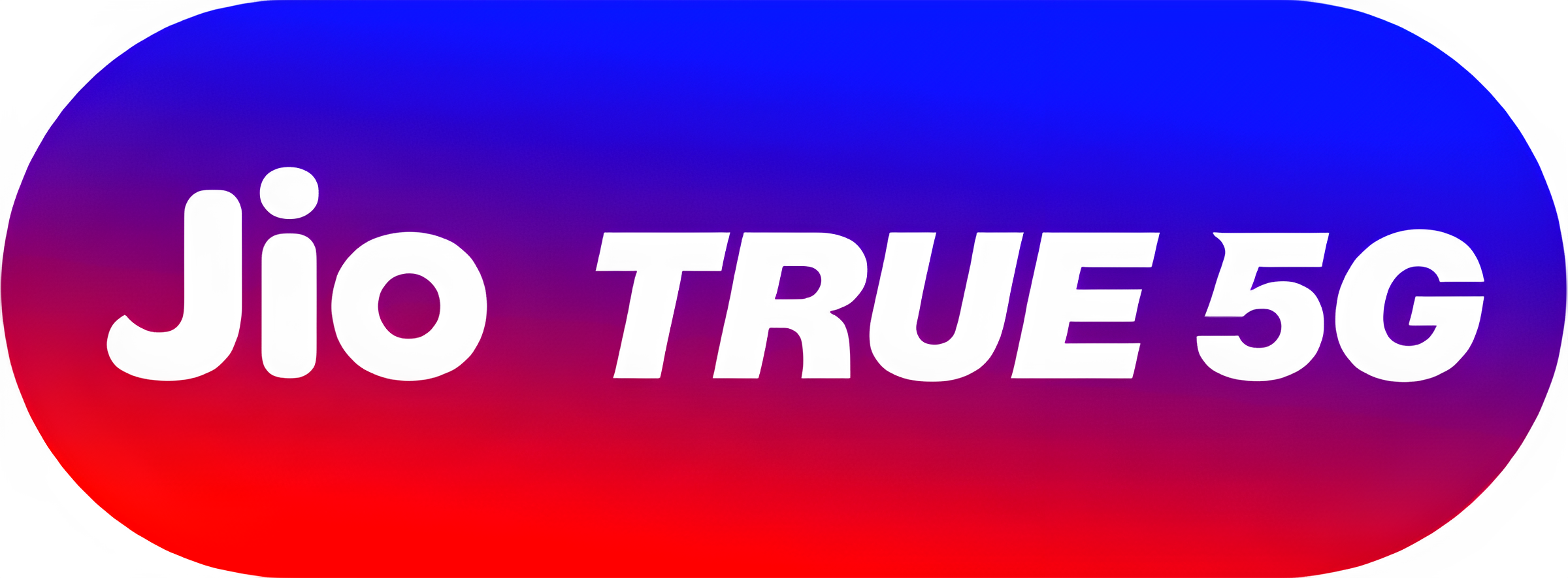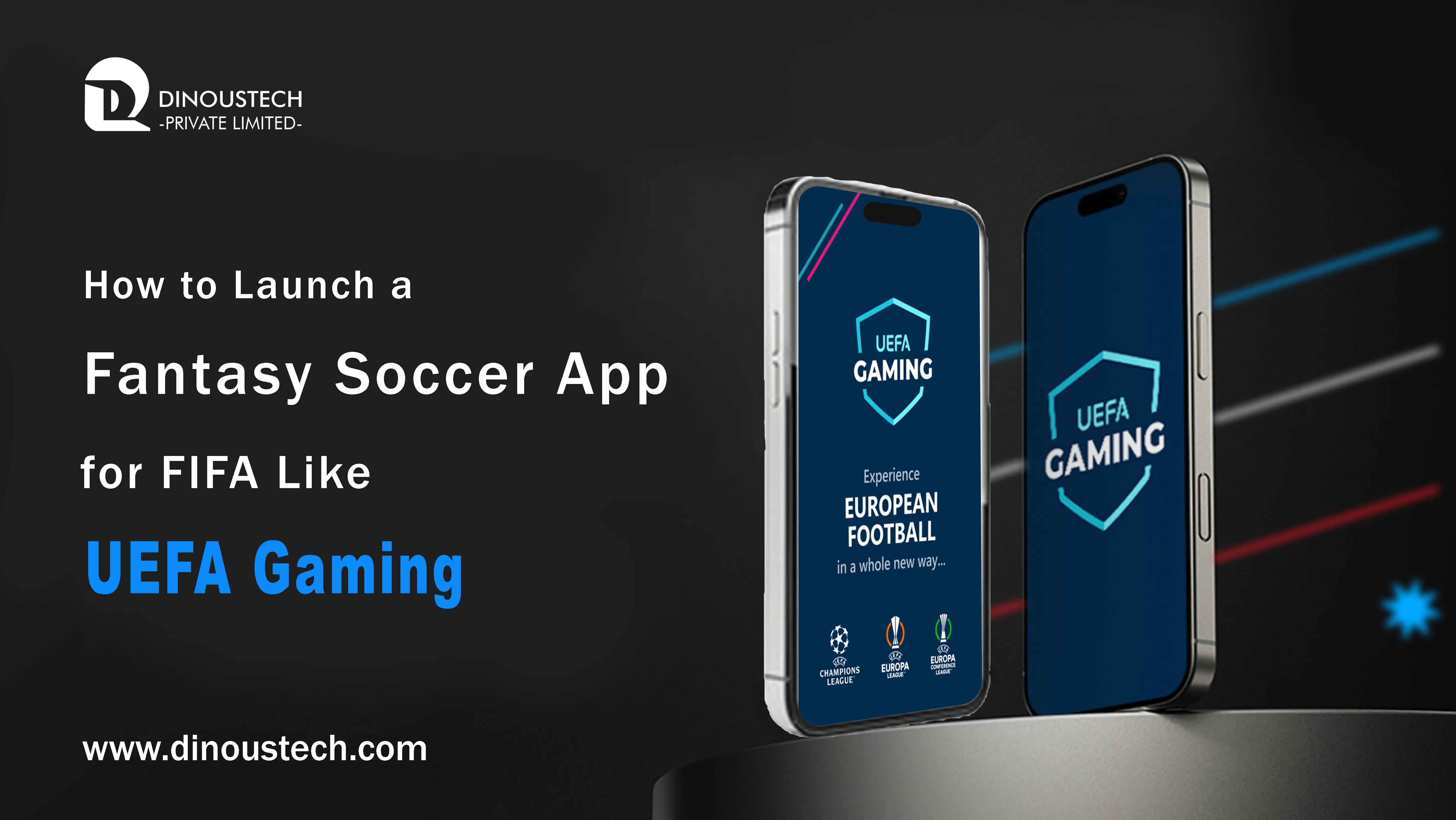How to Launch a Fantasy Soccer App for FIFA Like UEFA Gaming
The FIFA World Cup represents a pinnacle of global football excitement, drawing in millions of fans eager to engage with every match. Capitalizing on this fervor, a fantasy soccer app offers an immersive way for fans to pick virtual squads, follow player performances, and compete against friends. Similar to UEFA Gaming, such a platform fosters deeper engagement by transforming passive viewership into active participation. For organizations aiming to launch a successful Fantasy Soccer platform, collaborating with a fantasy app development company ensures both technical proficiency and feature-rich experiences. At Dinoustech Private Limited, recognized as a fantasy sports app development company, best software development company, and best mobile app development company, we guide clients from concept to launch, often working alongside an affordable web designing company to deliver polished, user-friendly interfaces.
Understanding the FIFA World Cup Audience
The FIFA World Cup draws unprecedented viewership, with billions of viewers tuning in over the month-long tournament. This global audience spans casual fans, fantasy enthusiasts, and die-hard supporters, all seeking interactive experiences. Keywords such as “FIFA World Cup fantasy league,” “World Cup fantasy app,” and “UEFA Gaming similar app” indicate strong market interest. By offering a fantasy soccer app tailored to World Cup fixtures, you tap into a massive, engaged user base. Dinoustech’s expertise as a fantasy soccer app development company ensures that your platform resonates with this audience, featuring localized content, diverse language support, and culturally relevant design elements to cater to regions like Europe, South America, Africa, and Asia.
👉 Also Read: - Fantasy App Development for FIFA 2025: A Complete Guide
Core Features of a Fantasy Soccer App
To rival offerings like UEFA Gaming, a fantasy soccer app must include essential features that deliver seamless and engaging experiences. First, robust user registration with social login options (Google, Facebook) reduces friction and accelerates onboarding. Next, an interactive draft interface lets users build squads from eligible World Cup players, with budget constraints mirroring real-game economics. A centralized player database pulls live FIFA World Cup rosters, ensuring that user selections remain current as team lineups evolve.
Live scoring is paramount: real-time data feeds from official sources or licensed third-party providers track goals, assists, clean sheets, and other player metrics. These metrics automatically translate into fantasy points, updating leaderboards instantly. For monetization, incorporate private leagues with entry fees and prize pools, as well as premium features such as advanced analytics, injury alerts, or “Captain Boost” multipliers that double points for selected players.
In-app chat and social sharing features—integrated with WhatsApp, Instagram, and Twitter—enable users to discuss tactics and share achievements, fostering a sense of community. To add an extra layer of excitement, special “knockout round challenges” can grant unique badges or digital trophies, incentivizing engagement as the tournament reaches its climax. Dinoustech’s platform architects, recognized as a best software development company, ensure these features integrate seamlessly, offering both reliability and scalability.
Designing an Engaging User Experience
User experience is a critical differentiator. Partnering with an affordable web designing company and Dinoustech’s UX/UI team, the app’s interface should evoke FIFA World Cup energy through dynamic visuals, national team colors, and sleek animations. Onboarding flows must be intuitive: new users sign up via email or social accounts, complete a brief questionnaire about favorite teams, and receive personalized welcome messages. A bottom navigation bar provides quick access to Home, My Team, Leagues, Live Scores, and Profile sections.
The Home screen showcases featured tournaments, premium card drops (if using a collectible model), and upcoming World Cup fixtures. The My Team tab displays a user’s current squad: player portraits, national flags, and real-time point totals. Drag-and-drop functionality allows for easy lineup adjustments before matchdays. In the Leagues section, card-based layouts present public leagues, private tournaments, and leaderboards. The Live Scores tab transforms into a mini sports hub during matches, featuring live match trackers, player heat maps, and instant “Your Captain scored!” notifications.
Accessibility features—such as scalable fonts, high-contrast modes, and screen-reader compatibility—ensure inclusivity for fans with visual impairments. Localization supports multiple languages—English, Spanish, French, Arabic, Mandarin—to cater to diverse World Cup markets. Through iterative usability testing with global focus groups, Dinoustech refines the interface to eliminate friction points and enhance delight throughout the user journey.
👉 Must Read: - What It Takes to Build a Successful Fantasy App Like Gamezy
Technology Stack for Scalability and Performance
A robust technology stack underpins a high-traffic fantasy soccer app. On the frontend, cross-platform frameworks like React Native or Flutter enable simultaneous development for iOS and Android, ensuring near-native performance and feature parity. Native modules—Swift for iOS and Kotlin for Android—manage platform-specific functionalities such as push notifications and biometric authentication.
The backend employs a microservices architecture, often implemented with Node.js (Express) or Python (Django). Each microservice—such as authentication, user profiles, squad management, live scoring, and the marketplace—runs in its own Docker container, orchestrated by Kubernetes for auto-scaling during peak World Cup match windows. A NoSQL database like MongoDB handles dynamic data—user transactions, real-time stats, and chat messages—while a relational database such as PostgreSQL manages structured records like subscription details and prize distributions.
For live data ingestion, services like Redis or Apache Kafka stream match events to scoring microservices. WebSocket implementations provide low-latency communication, ensuring that fantasy points and leaderboard changes propagate instantly to clients. Payment gateways—Stripe, PayPal, or region-specific alternatives—securely process entry fees and in-app purchases. Dinoustech’s infrastructure architects, renowned as a best software development company, configure autoscaling rules and CDN integrations to deliver sub-second response times, even under the heaviest loads.
Integrating Live FIFA World Cup Data Feeds
The reliability of live scoring hinges on accurate, real-time data. Dinoustech integrates with official FIFA APIs or licensed third-party feeds, such as Opta, Sportradar, or Stats Perform, to capture minute-by-minute match events: goals, assists, yellow/red cards, and substitutions. Backend microservices subscribe to these feeds via WebSocket or RESTful streams, feeding events into a scoring engine that recalculates fantasy points in milliseconds.
Caching strategies—like Redis—store frequently accessed data, such as top scorers and upcoming fixtures, reducing database calls and improving performance. A dedicated Notification Service monitors scored events, sending push notifications (“Your striker scored in injury time!”) through Firebase Cloud Messaging. By ensuring data integrity—validating events across redundant sources—Dinoustech’s teams maintain trust in fantasy outcomes, especially during critical late-stage matches where single events can alter standings.
👉 Also Read: - Top 7 Proven Fantasy Sports App Monetization Models That Work
Including NFT and Digital Collectibles (Optional)
For a fashion-forward, UEFA Gaming inspired experience, integrating NFTs as digital player cards enhances engagement. Using Ethereum or Layer-2 solutions like Polygon for lower gas fees, Dinoustech’s blockchain experts craft smart contracts (ERC-721 or ERC-1155) to mint unique World Cup player tokens. Each card represents a real athlete, quantified by rarity tiers: Common, Rare, Super Rare, and Legendary—and is tradeable on a secure in-app marketplace.
Smart contracts govern the minting, transferring, and burning of tokens, ensuring provable scarcity. When new collectibles drops such as “Group Stage Icons” or “Knockout Phenoms,” are released, the platform mints a limited supply, distributed via pack sales or auctions. A blockchain node sync service listens for on-chain events and updates the off-chain database, maintaining seamless in-app inventories. Dinoustech optimizes gas usage by batching transactions or leveraging sidechains, ensuring a user-friendly NFT trading environment.
Monetization Strategies
A FIFA World Cup fantasy soccer app offers multiple revenue streams. Primary income arises from initial card pack sales or squad entry fees—users pay to participate in premium leagues with guaranteed prize pools. Secondary marketplace transaction fees—typically 5% of each trade—generate ongoing revenue as users buy, sell, and swap cards. Subscription models provide ad-free experiences, early access to limited-edition card drops, and advanced analytics (e.g., predicted fantasy point generators).
Sponsored tournaments, endorsed by brands or official FIFA World Cup partners, offer co-branded prize pools and in-app visibility. Affiliate partnerships with sports retailers yield commissions when users purchase jerseys, memorabilia, or match tickets via embedded links. Display advertisements—contextual in nature, such as match highlights or tournament recaps—supplement revenue without detracting from the core experience. Dinoustech’s financial strategists design balanced monetization frameworks, aligning user value with profitability.
👉 Must Read: - Top Fantasy Sports App Development Companies in India 2025
UX/UI Best Practices for Fantasy Sports
A top-tier fantasy soccer app depends on UX/UI practices that prioritize clarity, engagement, and speed. In collaboration with an affordable web designing company, Dinoustech’s designers employ a football-inspired aesthetic: high-resolution imagery of World Cup stadiums, animated goal celebrations, and vivid team color schemes. The bottom navigation bar—icons labeled Home, My Team, Marketplace, Leagues, Live Scores, and Profile—ensures easy reach for key functions.
The My Team screen uses a responsive grid layout to display player cards, hover/tap actions revealing detailed stats such as current form, World Cup caps, and expected fantasy points. In the Marketplace, live auction timers, current bids, and price trend charts appear prominently, enabling quick decisions. Leagues are displayed as card-based elements, summarizing entry fees, prize pools, and real-time standings.
Performance optimizations—like lazy-loading images and code splitting—ensure smooth scrolling, even as the app fetches live data. Accessibility features, such as color-contrast options, resizable text, and screen-reader compatibility, guarantee inclusivity. Dinoustech’s UX teams conduct iterative usability testing, refining button placements, font sizes, and navigational flows to minimize friction and maximize delight.
Development Roadmap and Agile Methodology
Launching a FIFA World Cup fantasy soccer app demands a structured, iterative development approach. Dinoustech follows an Agile framework, beginning with Discovery Workshops to gather business requirements, define target user personas, and sketch initial feature sets. Design Sprints produce wireframes and clickable prototypes, validated by user testing with football fans and fantasy enthusiasts. Critical user stories—such as “As a user, I want to draft my World Cup squad within a budget” or “As a user, I want live updates as matches conclude”—guide the product backlog.
In MVP Development, sprints focus on foundational capabilities: user authentication (including wallet integration for NFTs), basic squad drafting, limited live scoring for group-stage matches, and essential league creation. A CI/CD pipeline ensures each commit undergoes automated unit tests and integration tests before deployment. Feature Enhancement sprints then introduce advanced components: real-time NFT minting, dynamic auction mechanics, head-to-head matchups, and AI-driven player performance forecasts. Temporary load tests—using tools like JMeter—simulate peak concurrent users to optimize autoscaling rules in Kubernetes. Finally, Launch Week encompasses final bug fixes, App Store and Google Play submissions, and coordinated marketing pushes aligned with the opening World Cup match. Dinoustech’s project managers maintain transparent communication, ensuring deadlines align with the tournament schedule.
Also Read: - Advantages of Developing Fantasy Sports Apps: Increasing User Involvement
Marketing and User Acquisition
A comprehensive marketing strategy is crucial for a successful launch. App Store Optimization (ASO) targets keywords such as “FIFA World Cup fantasy,” “UEFA Gaming similar app,” “fantasy soccer app development company,” and “World Cup fantasy league” in app titles, subtitles, and metadata. Eye-catching icons—merging the World Cup trophy with a digital card—improve click-through rates. Balanced category placement in Games, Sports, and Finance maximizes discoverability.
Social media campaigns leverage official FIFA hashtags (#FIFAWorldCup2025, #FantasyFootball) and partnerships with football influencers—retired players, sports pundits, and prominent soccer bloggers. Short-form videos on TikTok and Instagram Reels showcase card pack openings, competition highlights, and strategy tips, driving organic views. Content marketing on a companion website—developed by a custom website development company—publishes blog posts like “Top Fantasy Picks for World Cup 2025” and “How to Build a FIFA Fantasy Dream Team.” SEO strategies focus on high-volume queries such as “best World Cup fantasy app” and “NFT soccer collectibles.”
Email campaigns target pre-registrations, offering exclusive early access to “Genesis Packs.” Referral programs reward users with free card drops or bonus tokens for each successful friend sign-up. Live-streamed “Draft Parties” on Twitch or YouTube—featuring expert commentary and interactive polls—generate buzz. Dinoustech’s marketing analysts monitor acquisition costs, retention metrics, and user lifetime value (LTV), continually optimizing ad spend, creatives, and messaging to maximize ROI.
Post-Launch Maintenance and Continuous Improvement
Once the FIFA World Cup begins, maintaining app performance and user satisfaction is paramount. Dinoustech’s DevOps teams monitor server health—using Prometheus and Grafana—to catch anomalies early. Autoscaling rules adjust compute resources in real time, ensuring the app remains responsive during peak match periods. Automated security audits and smart contract verifications prevent vulnerabilities and maintain user trust in NFT transactions.
User feedback—collected through in-app surveys and social media—guides future feature enhancements, such as “Captain Boost” multipliers or augmented reality card experiences. As match data accumulates, Dinoustech’s data scientists refine AI-driven performance models, improving predictive accuracy for players’ fantasy point potential. Weekly “World Cup Roundup” notifications recap top scorers, surprise upsets, and leaderboard shake-ups, sustaining engagement as the tournament progresses.
Performance optimizations—like database query tuning, Redis cache adjustments, and CDN enhancements—ensure sub-second load times even during knockout stage excitement. Post-tournament, “Season Wrap-Up” features allow users to review team performance, trade histories, and top-ranking leagues, fostering loyalty and preparing for future events. Dinoustech’s maintenance teams deliver ongoing support for new OS versions, security patches, and feature upgrades, ensuring the app remains relevant and resilient.
Conclusion
Launching a UEFA Gaming-like fantasy soccer app for the FIFA World Cup demands a harmonious blend of blockchain innovation, real-time data integration, engaging design, and scalable architecture. Key components include NFT-based player cards for unique digital ownership, live scoring engines powered by official FIFA World Cup data, and seamless UX/UI crafted alongside an affordable web design company. Dinoustech Private Limited is recognized as a fantasy sports app development company, the best software development company, and the best mobile app development company that offers end-to-end solutions to bring this vision to life. From agile development sprints and robust technology stacks to targeted marketing strategies and continuous improvement cycles, Dinoustech ensures that your Fantasy FIFA World Cup app captivates global audiences, drives engagement, and unlocks diverse revenue streams. Embrace the future of fantasy sports, harness the power of blockchain, and deliver an unforgettable World Cup experience—one digital card at a time.

